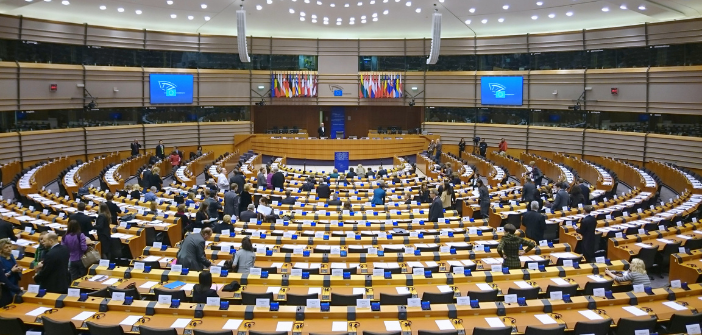Currently, the election of European deputies is governed by distinct national voting systems. The objective of this reform initiated by the European Parliament is notably to introduce lists of candidates from several EU member states.
The approved text contains several measures that could be implemented as early as the next European elections in 2024. Four years ago, the EU parliamentary body opposed this reform.
The most emblematic: the creation of transnational lists. Specifically, under these new rules, voters will be able to vote twice during the European parliamentary elections: once for national candidates and once for pan-European candidates.
The latter would appear on genuine European transnational lists comprising candidates from the 27 member states. These lists would be proposed by coalitions of national political parties, national voter associations, or European political parties.
The reform voted by the Members of the European Parliament also includes the standardization of electoral rules for the European elections. With the aim of making the European elections truly European and more than just the sum of twenty-seven national votes.
To achieve this goal, the Parliament proposes that May 9, Europe Day, be the single date for the European elections (currently spread over four days, according to the electoral traditions of the member states).
Other proposed measures include the generalization of postal voting, […] the possibility for all Europeans to be candidates from the age of 18 in all countries, and the requirement of parity lists or quotas to ensure gender equality among the candidates.
The initiative will now need to be approved by the 27 member states. If the Council nevertheless approves this initiative from the Parliament, the two legislative bodies will then begin discussions to try to reach an agreement on the reform of the electoral law.


